FREQUENTLY ASKED QUESTIONS
What does SMART stand for?
SMART stands for: Specific, Measurable, Attainable, Relevant, and Time-bound.
What is SMART Advocacy?
SMART Advocacy is one way of advocating. Rather than seeking reform through tactics like activism or mass media campaigns, SMART Advocacy seeks to reach and work with the specific person who controls the lever of change—the decision-maker. It prepares advocates to anticipate what information and insights will convince the decision-maker that taking a particular action will achieve their goals and yours. SMART Advocacy provides a framework for identifying what can be achieved within discrete timeframes and which policy change has the potential to advance a larger, long-term goal.
Why use SMART Advocacy?
The SMART approach breaks down the advocacy process into nine manageable steps across three phases: build consensus, focus efforts, and achieve change. Taken together, the steps provide a comprehensive roadmap to develop, implement, and evaluate a focused advocacy strategy from start to finish. Used separately, they can refocus a working group or inject life into an initiative that has lost momentum.
SMART Advocacy is focused, grounded in the best available evidence, and reflects and adapts to the local context. It builds consensus from the start and incorporates monitoring, evaluation, and learning throughout so you can identify what worked and what did not work and apply that learning to your next round of advocacy.
How do I stay connected?
You can subscribe to stay tuned for more updates. You can also connect with experienced SMART Advocates here
Where can I find more support to use SMART Advocacy?
You can visit the Resources section of this site to find a facilitation PowerPoint, user worksheets, and other materials that will help you succeed on your SMART Advocacy journey. A new SMART Advocacy Facilitator’s Guide will be completed soon.
Who is the SMART Advocacy guide for?
The SMART Advocacy guide is for everyone. Whether you are a seasoned advocate or a beginner, or do not consider yourself an advocate at all, we believe that SMART Advocacy will strengthen your work and produce results.
See a list of the organizations that already use SMART Advocacy here.
How was SMART Advocacy developed?
The SMART approach is based on a broad spectrum of well-established decision-making concepts. SMART Advocacy was adapted and refined by the Advance Family Planning (AFP) initiative, based in the Bill & Melinda Gates Institute for Population and Reproductive Health at the Johns Hopkins Bloomberg School of Public Health. AFP applied the SMART approach to increase funding for and political commitment to quality, voluntary family planning. Since its inception in 2009, AFP can count thousands of advocacy wins in Africa, Asia, and Latin America through the use of SMART Advocacy. Although it has been applied and refined by the family planning community, SMART Advocacy can be easily adapted to any topic, location, or advocacy need.
Who funds AFP and SMART Advocacy?
The Bill & Melinda Gates Foundation, the David and Lucile Packard Foundation, and The William and Flora Hewlett Foundation support AFP. Other funders have enabled AFP to replicate its approach in Latin America and convene researchers and advocates to prioritize policy changes on key issues.
